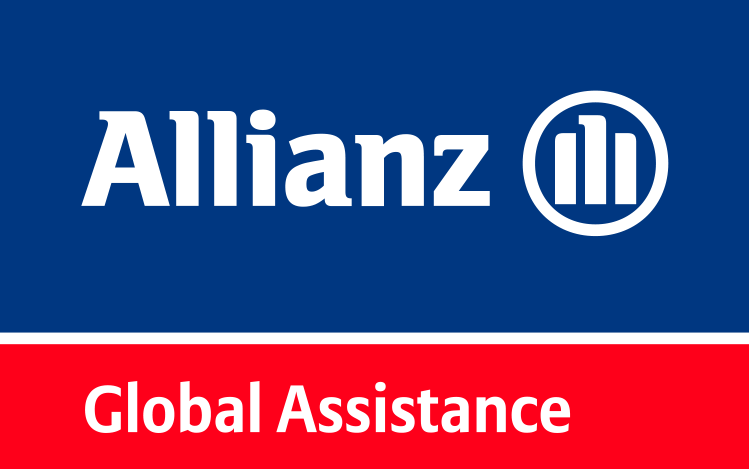Here are common situations that lead to the rejection of a travel insurance claim.
a) Not declaring pre-existing medical conditions - Never hide details of a pre-existing condition, or you risk annulling one of the most expensive types of claims.
b) Engaging in high-risk sports and activities - Check to see what’s covered before you sign up for any event that may lead to an accident that you may not be covered for.
c) Being under the influence of alcohol or any other intoxicants (be it legal or not) - If you have an accident or get injured while intoxicated, any emergency medical or associated costs would not be paid by your travel insurance.
d) Leaving baggage and personal items unattended.
e) Providing inadequate or insufficient supporting documentation - Submitting proper evidence is necessary, whether it is a police report, receipts for purchases, medical certificate, confirmation of travel delay or a baggage-loss report from the carrier.
f) Travelling against the advice from the Canadian Government - A claim will likely not be paid if it happens as a result of travelling to a location that the Canadian Government has advised against travelling to.
g) Engaging in illegal or reckless behaviour or activity - Claims related to illegal, fraudulent or dishonest conduct are not payable. Events that occurred as a result of rash behaviour such as the unauthorized use of swimming pools. Being at restricted locations are also not covered by travel insurance.
h) Buying travel insurance after you hear about a disruptive event - If an event is publicized (ex. a storm that has been named), it is too late to buy a policy for coverage related to that event.
i) Assuming that travel insurance covers everything - Travel insurance covers a specific list of events, which are declared in every coverage plan and often varies across different insurance companies.

